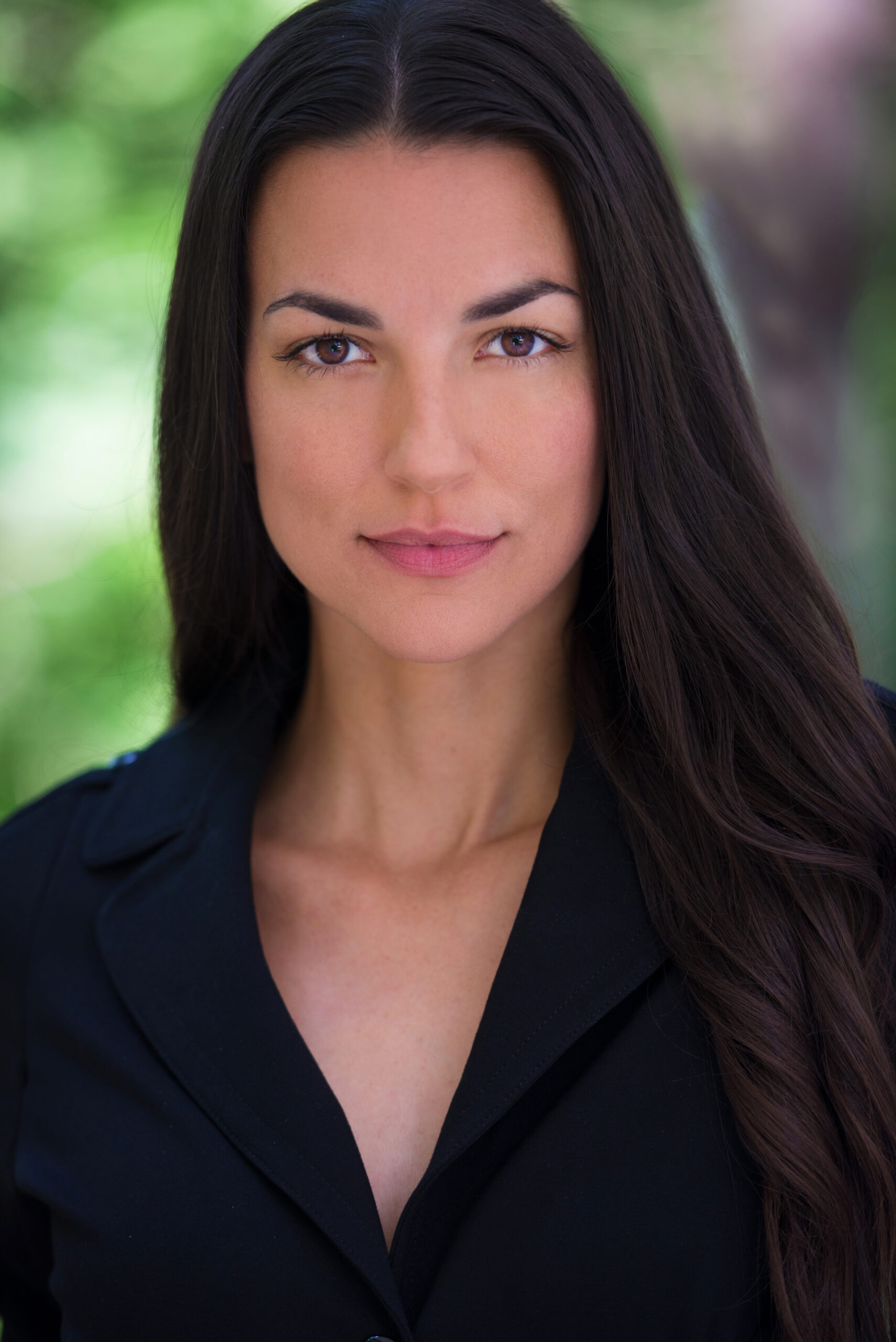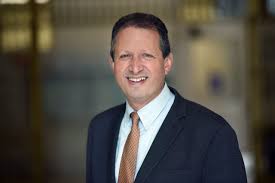New York, NY — Founded in 1985, Working Theater believes the transformative experience of live theater should not be a privilege or a luxury, but a staple. Now in its 38th season, Working Theater continues its mission to produce theater for, with, and about working people and to make play-going a regular part of our audiences’ cultural lives. Through an active commissioning pipeline, our sliding scale ticketing initiative, a successful grassroots audience engagement program, and a pioneering arts-in-education program, our work remains relevant, accessible, and affordable to all, regardless of geography or socio-economic status. Working Theater has commissioned and produced over seventy culturally diverse world-premiere plays, with subjects and themes ranging from the struggles of women working in poultry plants (Lisa Ramirez’s TO THE BONE) to the plight of the uninsured in America (Michael Milligan’s Mercy Killers), to the shared journey of undocumented immigrants crossing the United States border, staged inside an actual 18-wheeler (Ed Cardona, Jr.’s La Ruta). The company has presented its work in 158 American cities, earned 2 Drama League nominations, 6 Drama Desk Award nominations, a Drama Desk Award for Outstanding Ensemble for Rob Ackerman’s Tabletop, and 3 Audelco Awards.
Working Theater is led by Producing Artistic Director Laura Carbonell Monarque. Laura’s tenure at Working Theater began with a staff internship in 2003 under the guidance of long-time artistic leader Mark Plesent. She quickly grew within the Company to Director of Marketing and Special Events, and subsequently, Development Director, working alongside Plesent and former Artistic Directors Connie Grappo and Robert Arcaro. She was named Managing Director in 2010. Laura has been actively involved in growing the company for the past 19 years by procuring funding and initiating new partnerships to support signature programs such as Five Boroughs/One City — a collaborative, community-based theater development and production initiative that is rooted in neighborhoods in each of the five boroughs of New York, and the Company’s educational program TheaterWorks!, which teaches playwriting and performance skills to working adults. As a theatermaker, actor, and musician, Laura has worked nationally at institutions including Portland Center Stage, Arena Stage, and Cleveland Play House. She and her husband Steve Monarque produce independent work with their company MonaVision Films. Laura holds a Bachelor of Fine Arts in Theatre from New York University’s Tisch School of the Arts.
LP: What were the biggest challenges for your union during the height of the pandemic and what continues to be a challenge?
LCM: The pandemic was a huge challenge for the theater industry. It was a time of pause and reckoning for so many arts organizations as we looked at what the status quo had been, and envisioned an ideal future. One of the most striking things we noticed at Working Theater was that our core audience of working people who make up the majority of the metropolitan workforce–the “essential workers” as they came to be known– suddenly gained visibility as they continued to work while so many workplaces shut down. The stories that we had been bringing to the stage since 1985 were suddenly at the forefront of public consciousness. Early on in the pandemic, we committed ourselves to use the arts to build upon this new awareness so that we could continue bringing working people’s stories to light.
LP: What is your strategy to continue moving forward in ’23 and ’24?
LCM: We’re still navigating Covid as we think of how to keep theater spaces safe for artists and audiences. We continue to focus on bringing the stories of working people to the stage with new programs we’ve committed to in recent years, like our Sliding Scale Ticket Initiative, which ensures anyone of any financial means can access a ticket to professional off-Broadway Theater, and the Mark Plesent Commission Fund, which offers a professional playwriting commission to writers who identify as working people. We’ve explored and expanded digital mediums which allow audiences to access theater from anywhere in the world. We’ve also found success in partnering with other arts and community organizations to share production resources and bridge our working audiences to the larger theater community beyond our stages.




